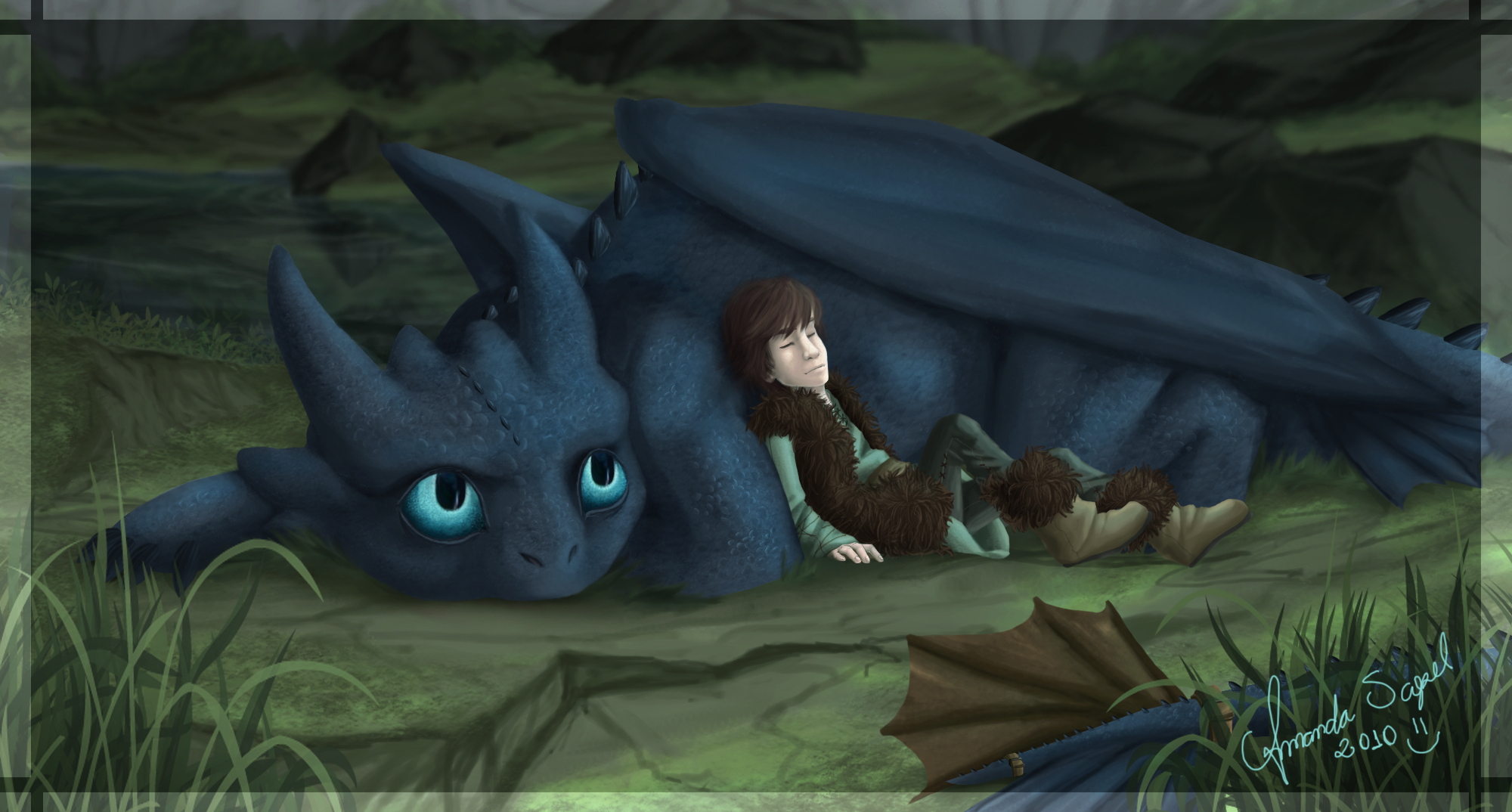How to Train Your Children
How to Train Your Dragon (oops, I mean) Children
Maybe,” [Old Wrinkly] said, “you can train a dragon better by talking to it than by yelling at it.”
 “That’s sweet,” said Hiccup, “and a very touching thought. However…from what I know about dragons…I should say that yelling was a pretty good method.”
“That’s sweet,” said Hiccup, “and a very touching thought. However…from what I know about dragons…I should say that yelling was a pretty good method.”“But it has its limitations, doesn’t it?” Old Wrinkly pointed out.
–From How to Train Your Dragon, by Cressida Cowell
Indeed it does; yelling does have its limitations. Yelling at children simply “scrambles their brain.” Young children cannot think clearly while being yelled at. If they cannot think clearly, they cannot learn the positive behaviors we desire. Teens, on the other hand, simply shut the yeller out. Their focus quickly shifts to “how unjust” it is to be yelled at, how “they always yell at me,” or “they expect me to control my temper but…” The teen becomes more focused on our yelling behavior than the misbehavior that led to the yelling. They focus on the behavior of the one yelling and totally disregard their own inappropriate behavior. No, simply yelling at a child “does not an effective parent make.” Yelling definitely has its limitations. How then do we impress on our children the importance of positive behavior? When they have engaged in the same inappropriate behavior time and time again, how do we make them understand the need to change? When we really want to impress our children with the difference between appropriate and inappropriate behavior, “actions speak louder than words.” Quit yelling…and let them suffer the consequences of their behavior. 

· Don’t yell at them for waiting until the last minute to do their school project. Instead, let them struggle through the process of completing it, even if they have to miss out on a favorite TV show or a desired activity. Let them suffer the poor grade if they do not complete it on time.
· Stop yelling about taking the garbage out. Simply ask them to take it out. If they do not take it out, watch it grow until they ask you for something. Then, remind them that they did not do what you asked of them. Calmly ask them how they think you should respond to their request after they disrespected your request. Ask them, again, to take out the garbage and let them endure the consequence of taking out an overflowing garbage can.
· No need to yell because your children did not do their one or two basic chores around the house. Instead, let them know that they cannot go out with friends…or watch TV…or play their video games, until they have finished their chores. Then stand firm on that statement until the job is done.
You get the idea. Children need to learn that misbehavior makes their life more uncomfortable than appropriate behavior. Yelling will not get that message across. Yelling distracts from that message. Allowing children to experience the consequences of their behavior will impress that lesson on them. Unfortunately, this means that we, as parents, have to step back and allow our children to endure the consequences of their behavior. We hate to see our child get a “F” (or even a “C”) because they waited until the last minute…or struggle and complain while picking up the overflowing garbage…or miss an opportunity they might enjoy because they have to finish a boring (even tedious) chore around the house. We hate to see our children suffer. It can be painful to watch, painful for the moment; but, the long-term learning for our children will prove priceless. They will learn that appropriate behavior results in a better life and mature decision-making produces greater happiness.